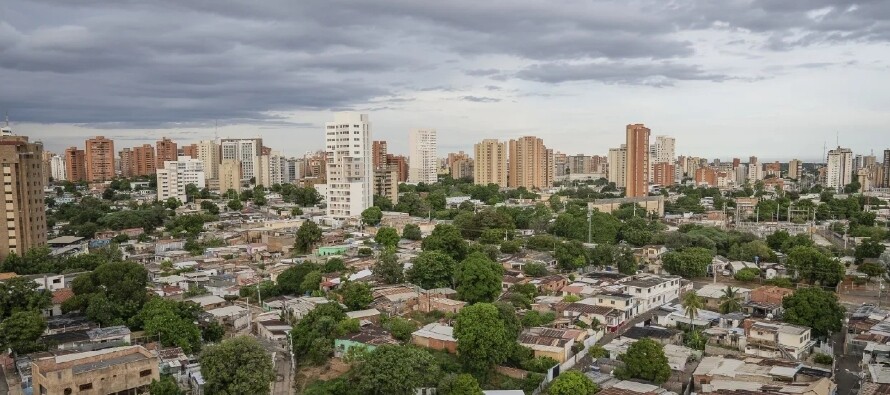
The election of Donald Trump as president of the United States has generated various reactions among potential migrants from Latin American countries. Some have expressed fear of deportation or an unwelcoming environment. Trump has blamed immigrants for various problems in the country and has promised to undertake an extensive deportation campaign. In Maracaibo, Josefina Quintero never applied for a legal entry program to reunite with her family in the U.S. out of fear of the consequences.
On the other hand, Pedro Ron, a Venezuelan delivery man in Bogotá, decided not to embark on his journey to the U.S. border after Trump's election, considering the cost and the risks involved. Meanwhile, in Ecuador, Javier Olivo, due to insecurity in his country, has decided to head to the United States despite the new immigration policies anticipated with Trump's administration.
In Mexico, preparations are underway for a potential influx of migrants to the U.S. before Trump’s inauguration in January. Difficulties in asylum programs and stricter border policies under the Biden administration have reduced options for applicants.
Migrants have expressed their concerns about these new political realities, assess the risks involved in the journey, and weigh the implications of their decisions. Across Latin America, uncertainty and a possible change in the approach to immigration in the U.S. have led many potential migrants to reconsider their plans. Meanwhile, border officials and humanitarian groups are adjusting their strategies to the uncertainty presented by the new presidency.










